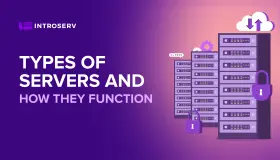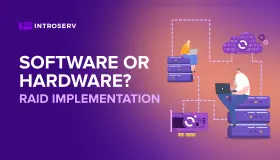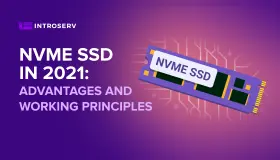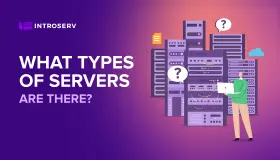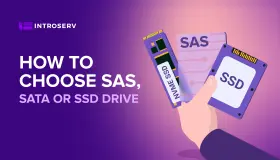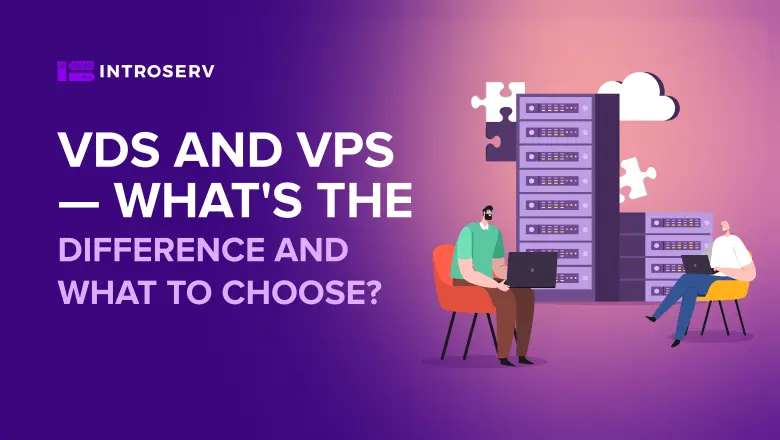
VDS and VPS - what's the difference and what to choose?
It is common for IT terms that come from the English language to be interpreted completely differently in Ukrainian or Russian, and to have completely different meanings or, conversely, similar meanings. A similar situation occurred with VDS/VPS servers.
It is not uncommon for service providers, including our company, to put these two names together as the end users usually don't see any difference between VDS and VPS in terms of technology, but experts do.
Here's an explanation of what VDS and VPS actually are.
Virtual servers can be categorized as two different types server machines based on the type of virtualization they employ:
- VPS or Virtual Private Server, also known as a VPS, is an operating system-controlled server.
- VDS or Virtual Dedicated Server, is a virtual dedicated server controlled by the server hardware.
Depending on its needs, any software can be installed on a client resource (VPS or VDS). The terms both originated and developed simultaneously, and both refer to virtual machines.
Strangely enough, but in the West, the acronyms VPS and VDS have synonymous meanings and they don't have any semantic difference, but in Runet, each definition refers to a specific implementation of virtualization technology. Users are less aware of these differences, while providers are usually aware of the difference.
Technologies for virtual server management
The following are some of the technologies that are commonly used for virtualization.
The OpenVZ virtualization technology is implemented at the operating system level. In this case, all virtual machines are based on a single modified Linux kernel. Each of them is a separate server.
This technology has the following peculiarities:
- The use of Linux, which limits the choice of distributions;
- It is using only the file system - ext4;
- No kernel modification, which limits the launch of non-standard modules (OpenVPN, PPTP, IPSEC and others);
The OS administrator has direct access to all files located on a dedicated server.
KVM-technology virtualization is implemented through a virtual machine manager - hypervisor. A virtual server with KVM technology has advanced capabilities like:
- Working with any operating system including Windows, FreeBSD, etc;
- Disk space formatting for any file system;
- Management of the server in the early stages of booting (including BIOS screen), using a protocol RFB;
- Possibility to modify the OS kernel;
- Access to the content of the virtual server has only its owner;
With OpenVZ technology, all resources are dynamically allocated among all machines. The main benefit of this technology is that it allows you to change the allocated capacity limits without rebooting the system. The downside of this approach is that your server becomes more dependent on its neighbors. In practice, it looks like this: when a single virtual server experiences excessive load, the entire cluster can suffer.
KVM technology eliminates performance degradation. Each virtual server receives a strictly defined amount of computing resources and can not exceed their limits. At the same time, KVM is characterized by the highest reliability, comparable to the fault tolerance of physical machines. The only disadvantage of this technology is that it is less flexible. It means if the amount of RAM can be changed after reboot, it is impossible to change disk space.
__________________
Virtualization technologies differ only if the virtual server is intended to host specific applications that require kernel modifications. Most users choose VDS or VPS because of performance, scalability and reliability. VDS and VPS don't differ significantly on these parameters.
If you are interested in choosing the best hosting solution for your business, our experts will help you choose the most suitable virtual server configuration for your needs.


